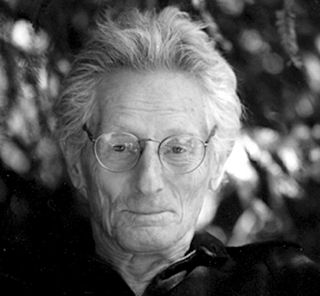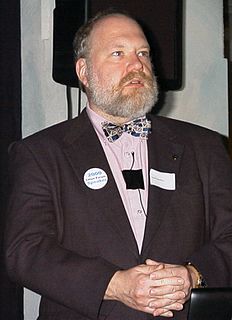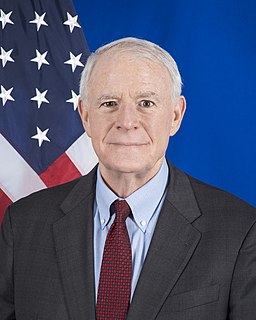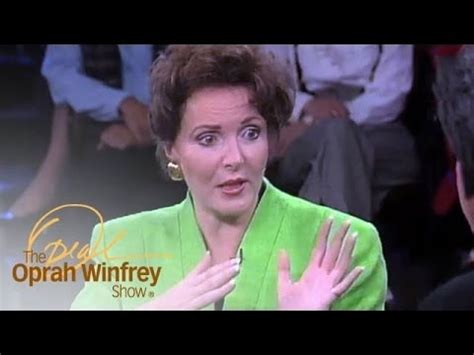A Quote by Donald Knuth
Let us change our traditional attitude to the construction of programs. Instead of imagining that our main task is to instruct a computer what to do, let us concentrate rather on explaining to human beings what we want a computer to do.
Related Quotes
A computer is like a violin. You can imagine a novice trying ?rst a phonograph and then a violin. The latter, he says, sounds terrible. That is the argument we have heard from our humanists and most of our computer scientists. Computer programs are good, they say, for particular purposes, but they aren’t ?exible. Neither is a violin, or a typewriter, until you learn how to use it.
Until I reached my late teens, there was not enough money for luxuries - a holiday, a car, or a computer. I learned how to program a computer, in fact, by reading a book. I used to write down programs in a notebook and a few years later when we were able to buy a computer, I typed in my programs to see if they worked. They did. I was lucky.
I don't want the words to be naked the way they are in faxes or in the computer. I want them to be covered by an envelope that you have to rip open in order to get at. I want there to be a waiting time -a pause between the writing and the reading. I want us to be careful about what we say to each other. I want the miles between us to be real and long. This will be our law -that we write our dailiness and our suffering very, very carefully.
First, we want to establish the idea that a computer language is not just a way of getting a computer to perform operations but rather that it is a novel formal medium for expressing ideas about methodology. Thus, programs must be written for people to read, and only incidentally for machines to execute.
The trouble is that the whole 'accept Christ' attitude is likely to be wrong. It shows Christ applying to us rather than us to him. It makes him stand hat-in-hand awaiting our verdict on him, instead of our kneeling with troubled hearts awaiting his verdict on us. It may even permit us to accept Christ by an impulse of mind or emotions, painlessly, at no loss to our ego and no inconvenience to our usual way of life.
As we live our human lives, let us be like the water. Let us be conscious of the flow. Let us not forget the great ground of being that draws us on through life. Let us live in a knowing hope, aware that all being is in transition, that all movement is back to the source. Let us treat those around us as reminders of our illusionary individuality. We know that they are us and we are them connected in ways we cannot fathom. Let us grow in compassion for all beings, for they share our journey.





































